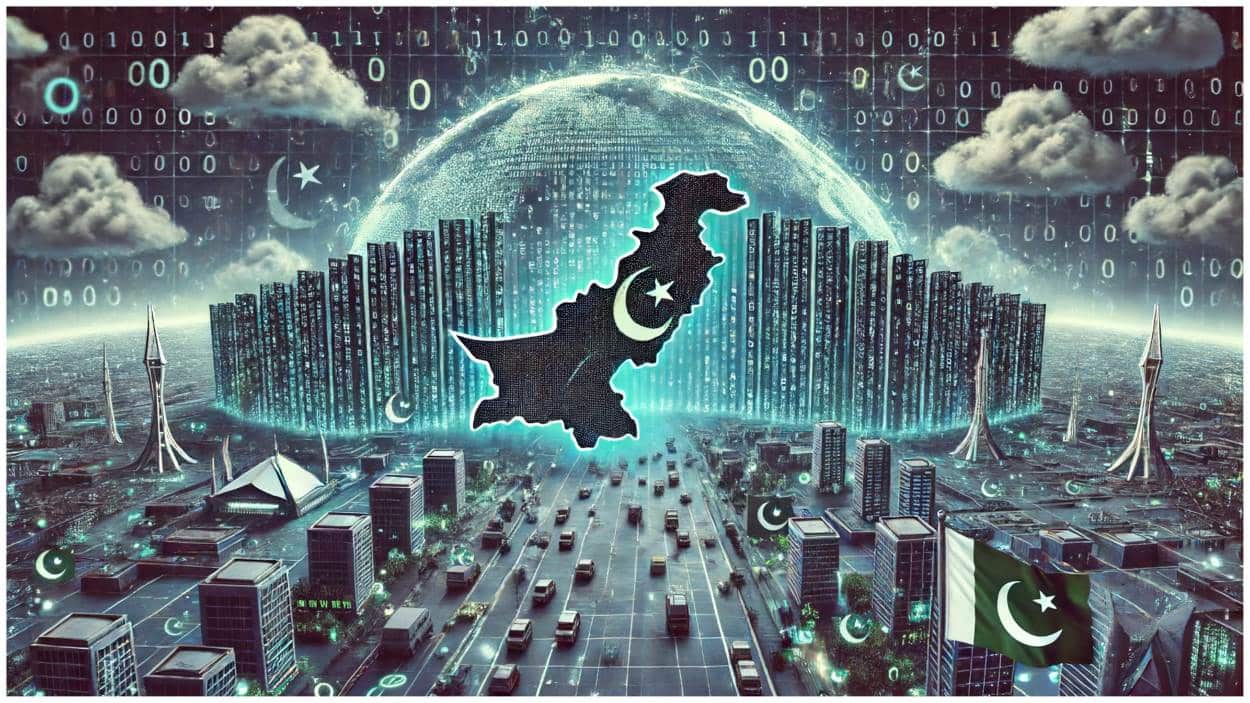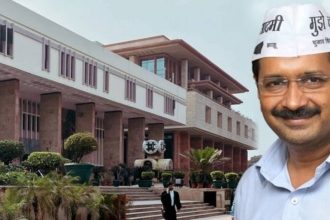In Pakistan, concerns are escalating among free speech advocates due to the government’s initiative to regulate social media platforms by installing a national internet firewall to control and monitor online content, which has sparked apprehension regarding the potential erosion of civil liberties.
Experts have indicated that implementing this firewall will make it easier for the government to remove controversial content and identify users responsible for such uploads.
A high-level source from Pakistan’s Ministry of Information Technology, who preferred to remain anonymous, said that the technology was acquired from a friendly nation and had been successfully employed in a Middle Eastern country.
According to the source, the firewall’s primary objectives are to identify individuals uploading inappropriate content and limit the public’s access to such material. The government’s complete silence on installing the firewall, particularly given its significant implications for freedom of expression, highlights a lack of official communication.
The timing of these developments is critical, as Pakistan has recently experienced unofficial restrictions on mainstream media, making social media an essential outlet for news that the government attempts to suppress. The situation is compounded by ongoing protests in Punjab against controversial defamation laws and a months-long blockage of access to platforms like Twitter and X.
Digital rights experts in Pakistan are raising alarms that the firewall could infringe upon fundamental human rights such as access to information, freedom of expression, and privacy. They caution that the firewall could allow state agencies unprecedented access to personal data, including banking details, salaries, health information, and passwords.
Many view the move as eliminating the fundamental right to privacy, giving the state access to all personal information and empowering it to penalize any citizen who uploads content deemed objectionable.
The discussion around the firewall also includes concerns about the future use of Virtual Private Networks (VPNs), which many Pakistanis use to circumvent government-imposed website blocks. There is speculation that the government might soon regulate VPN usage, requiring users to register with the Pakistan Telecommunication Authority (PTA).
As the debate over the internet firewall’s implications persists, there is an increasing demand for governance that balances security concerns with citizens’ rights to free expression and privacy. This ongoing dialogue underscores the tension between government control and individual freedoms in the digital age.






